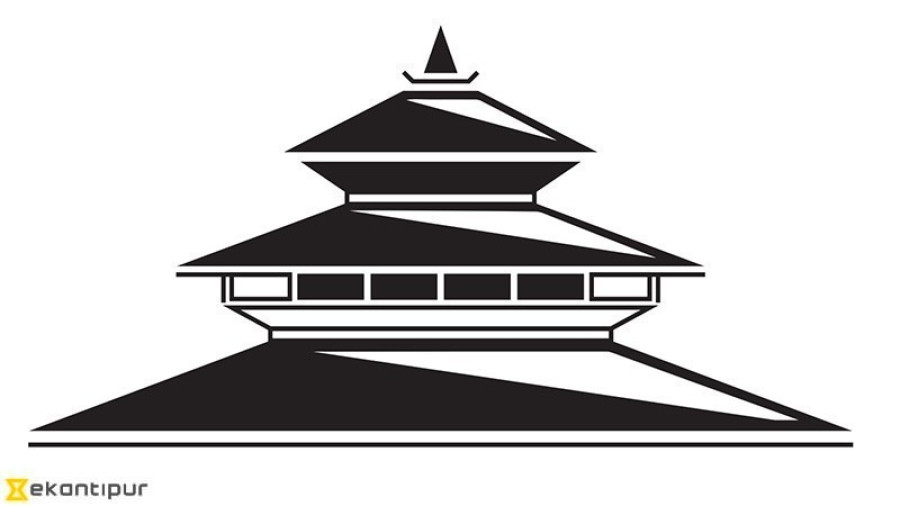Editorial
One last leap of faith
UML should agree to a larger political compromise to make elections possible
Over the past week, there have been a number of positive decisions and adjustments that could bring most political forces on board the electoral process. The government has started the process of implementing the agreement reached with the Madhesi parties, including the increase of local units in 11 Tarai districts.
The disputes over providing election symbols to parties that are not represented in Parliament also appear to be reaching a resolution. The new Rastriya Janata Party (RJP) has agreed to use one of the existing electoral symbols, possibly one previously held by one of the Madhesi parties. The Naya Shakti party has similarly agreed to use the symbol of the Sanghiya Samajbadi Forum led by Upendra Yadav. The Chief Election Commissioner (CEC) Ayodhee Prasad Yadav has stressed that nothing can stop the elections from being held in two phases.
Still, a major problem remains. The CPN-UML continues to oppose the constitution amendment proposal formulated after negotiations between the ruling and the Madhesi parties. Without the UML’s support, it is doubtful if the amendment will get the two-third majority necessary for its passage. And if it fails to pass, the Madhesi
parties would likely refuse to participate in elections.
UML’s argument against the proposal is not based on any sound logic. Party leaders state that the amendment will lead to a fragmentation of the nation and undermine nationality, but they haven’t explained what exactly they mean by this. The UML had opposed the previous draft amendment on the grounds that it divided Province 5. But the new amendment simply postpones the resolution of the issue by creating a Federal Commission. It is also unclear why the UML is opposed to the increase of local bodies in Tarai districts.
It then becomes apparent that the UML leaders’ opposition to the amendment is based not on its contents, but rather because they feel the agreement undermines the party’s position. UML leaders feel that they have been excluded from the negotiation process. They perhaps fear that the ruling parties will gain credit and receive people’s support for reaching an agreement with the Madhesi parties.
It would be unfortunate if such tactical considerations lead to impediments in the path of elections. All those in opposition, or even resisting the political resolution, should reconsider their position and accept the amendment in the larger interests of the nation. The government should take the UML into confidence and make it feel that it has been adequately consulted.




 9.6°C Kathmandu
9.6°C Kathmandu














